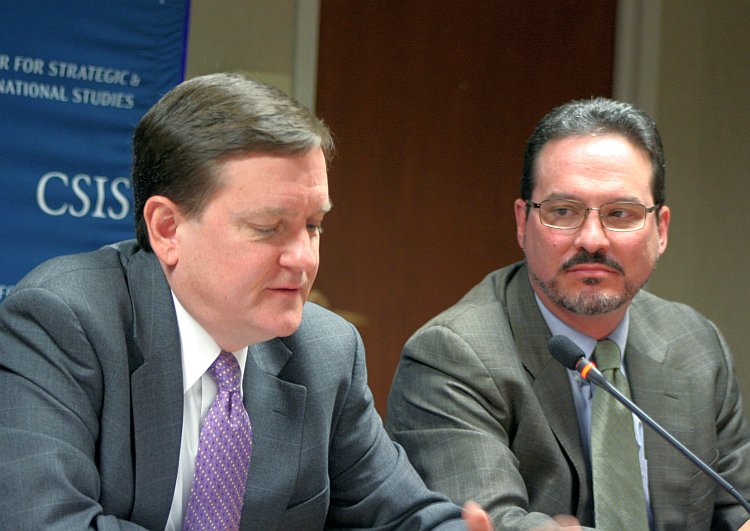WASHINGTON—The Obama administration is expected to follow a decade-old format for dealing with incumbent Chinese leaders when China’s Vice Chairman Xi Jinping visits the United States next week.
Xi is in line to be China’s next ruler. Having been anointed as vice chairman, Party chief Hu Jintao is expected to pass Xi the leadership at China’s 18th National Congress in Beijing later this year.
Xi will then take on the mantle of general secretary of the Chinese Communist Party, the chairman of the country and, within two years, the head of China’s military.
The son of a Communist Party revolutionary, Xi grew up well-connected as part of the elite ‘princeling’ class.
He is expected to meet with President Obama in the Oval Office and have lunch with Secretary of State Hillary Clinton and Vice President Joe Biden during his time in Washington on Tuesday, Feb. 14.
As Hu Jintao had done when he was vice chairman and visiting the United States in 2002, Xi is also expected to visit the Pentagon and is likely to meet with some members of Congress.
The itinerary will likely follow the format of Hu’s visit, says Michael Green, associate professor of international relations at Georgetown University, when the emphasis was on building on relationships.
Green noted that Xi will probably be Party leader for 10 years, making it all the more critical to establish strong communication channels early.
“No matter what happens in November, building that relationship is important,” he said referring to the U.S. presidential election this year.
Green was speaking as part of a panel of China experts discussing Xi’s visit at the Center for Strategic & International Studies (CSIS), in Washington, D.C., on Feb. 9.
A former director for Asian affairs at the National Security Council, a body which advises the president, Green said the present U.S.-China relationship was very different to that of 2002, when the focus was on terrorism following 2001 and China “wasn’t a big issue.”
Now “it’s more complicated,” he said, and there is “a lot more political pressure on the U.S.”
Cyber warfare, intellectual property theft, China’s increasingly aggressive behavior in the South China Sea, concerns about China allies North Korea and Iran, plus worsening human rights abuses, are among a new range of problems that have emerged in the decade of Hu Jintao’s rule.
“We don’t have the ability to get political prisoners released because of, frankly, a more paranoid view of Chinese government toward internal dissent in recent years,” he said.
The U.S. business community is also becoming increasingly frustrated with the Communist Party’s unfair trade practices, Green said, pointing out that a number of U.S. companies are now seeking legal redress where they would have attempted to negotiate with Chinese counterparts in the past.
The meeting between Xi and U.S. leaders is an “Action Forcing Event,” said Matthew Goodman, currently at CSIS and formerly White House coordinator for Asia-Pacific Economic Cooperation (APEC) and the East Asia Summit (EAS). Goodman believes that both sides want to produce what he called “deliverables,” so that they walk away saying they accomplished something. The “deliverables” are likely to be small things this time around, perhaps some trade agreement(s).
“It will be harder now to emphasize positives and get deliverables when there is enormous pressure for deliverables,” Green added.
President Obama, in heeding the calls of U.S. companies for some of those “deliverables,” adopted much stronger language toward China at regional meetings in the Asia-Pacific last year. He told Hu Jintao that Americans were becoming “impatient and frustrated” over unresolved economic issues.
In a sign of a harder line on China, the president referred specifically to the East Asian nation in his State of the Union address saying, “It’s not right when another country lets our movies, music, and software be pirated. It’s not fair when foreign manufacturers have a leg up on ours only because they’re heavily subsidized.”
Obama went on to announce the creation of a Trade Enforcement Unit, saying that it would “be charged with investigating unfair trade practices in countries like China.”
Xi will also be closely watched at home.
He is considered a less restrained figure than Hu Jintao but, while his elevation to General Secretary through the Communist system does not appear to be contested, he will be careful not to preempt the present Party leadership, Green said.
The important thing for Xi on this trip , Green says, “is not to make mistakes.”






